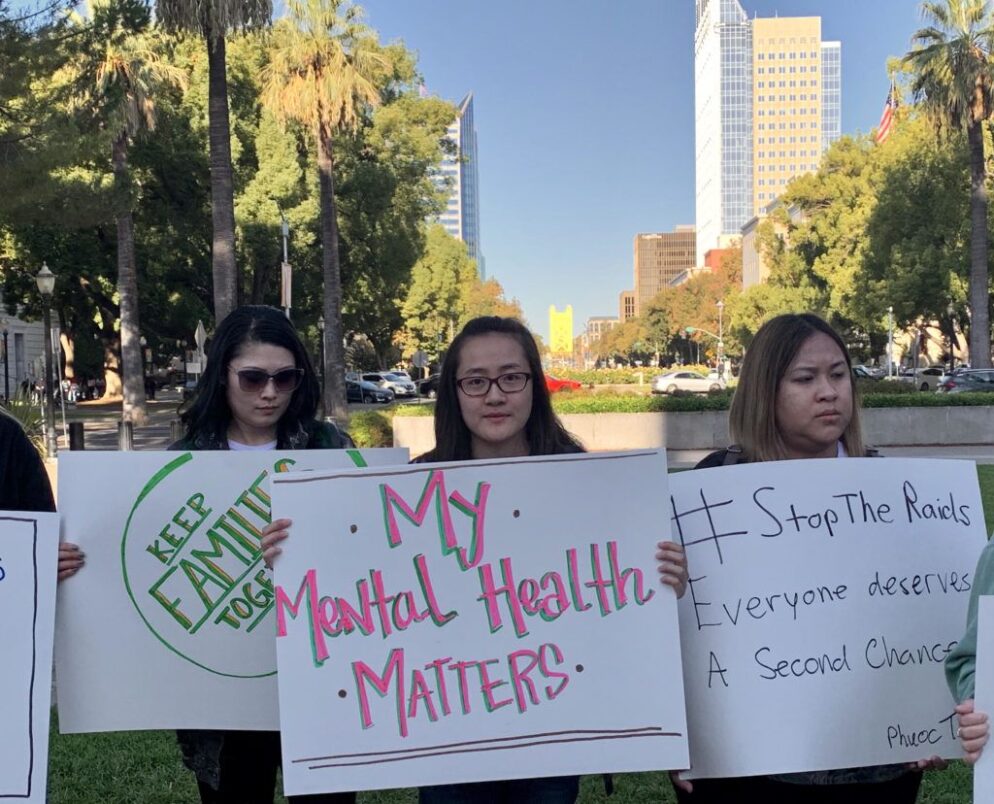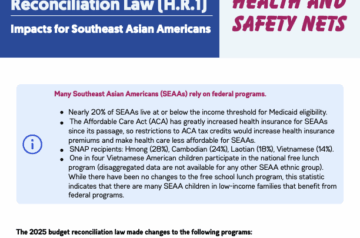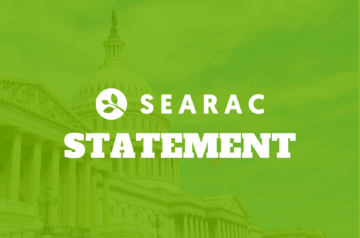SACRAMENTO – Yesterday, California Gov. Gavin Newsom vetoed California legislation Assembly Bill (AB) 512, a bill authored by Assemblymember Phil Ting and sponsored by SEARAC, California Pan-Ethnic Health Network, #Out4MentalHealth, Latino Coalition for a Healthy California, California Black Health Network, and the Steinberg Institute, that would have held counties accountable to stakeholders to deliver culturally and linguistically competent mental health services. The bill would have also required counties to work with stakeholders to utilize trauma-informed evidence-based and community-defined best practices when developing their cultural competence plans. Read Gov. Newsom’s rationale for his veto here.
Nkauj Iab Yang, SEARAC director of California Program and Policy, shares, “We are disappointed in Gov. Newsom’s decision to veto AB 512. California has not done enough to ensure that all communities have access to quality mental health services. Our current mental health system lacks accountability to community stakeholders by ignoring the value of community-defined practices and the pressing need for effective cultural and linguistically competent mental health care for our Southeast Asian American community, communities of color, and the LGBTQ+ community.”
Southeast Asian Americans (SEAAs), in particular, experience higher rates of post-traumatic stress disorder, depression, anxiety and other mental health challenges, compared to the general population.1,2 Despite the alarmingly high rates of mental health conditions, SEAAs experience some of the lowest utilization rates of mental health services. The California Department of Health Care Services has shown that Asian American and Pacific Islander adults are the least likely racial group to access specialty mental health services even once, with just 2% of the population accessing care. The SEAA community will continue to face challenges in addressing decades-old trauma due to Gov. Newsom’s decision to veto AB 512.
In a recent SEARAC survey on SEAA mental health needs and challenges, one SEAA respondent shared, “I encountered two white counselors that I felt weren’t as helpful. … One of them made me cry, and the appointment lasted less than 10 minutes. … I had such a bad experience that I couldn’t go back for my one-on-one sessions for three weeks in fear of running into her again. I felt like that one encounter made me regress.”
SEARAC is committed to improving access to culturally and linguistically competent mental health services for all communities and will continue to work with our partners and legislative leaders to make this a priority.




